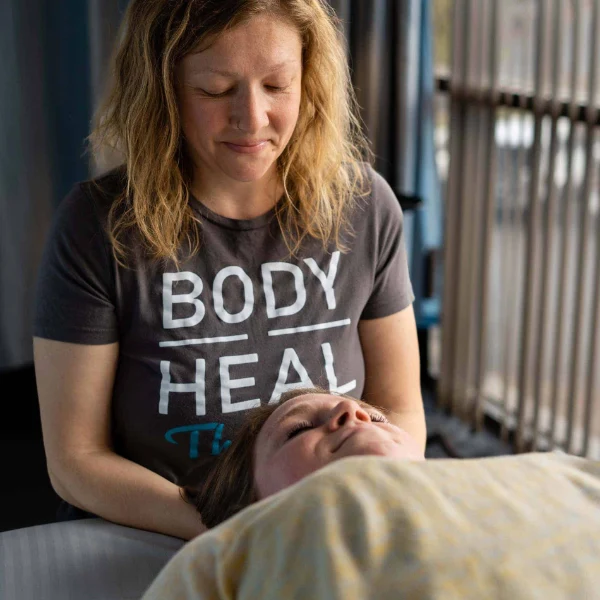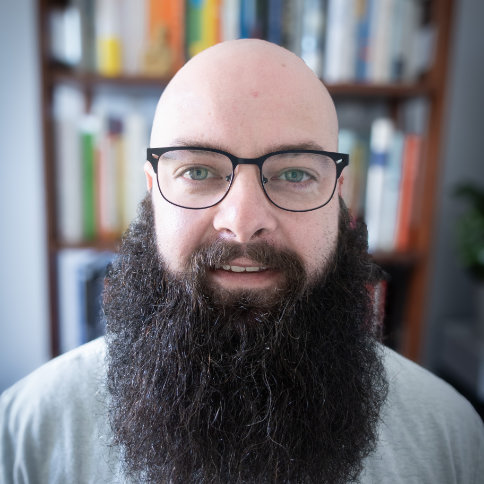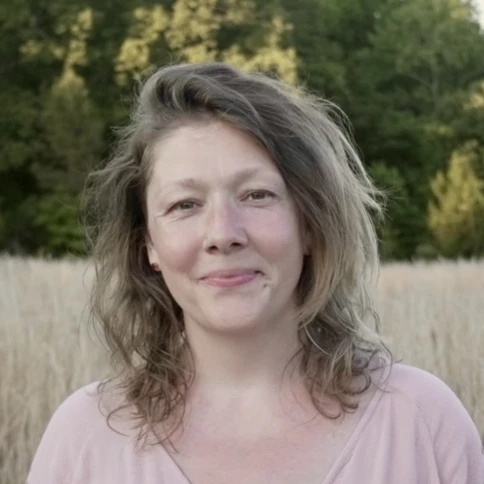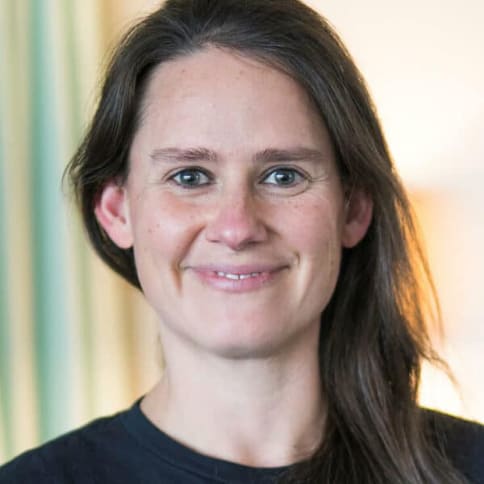In the quiet moments of our Craniosacral Therapy, a profound healing occurs. It’s a subtle, yet powerful, invitation for your body to reset, rebalance, and renew. Craniosacral Therapy speaks to the deeper rhythms of your being, easing chronic pain, headaches, stress, anxiety, and awakening a sense of wellness that flows from head to toe.
Craniosacral therapy focuses on alleviating the tensions and restrictions in the body/mind that negatively affect mobility of tissue, fluids, and nerve impulses; thereby supporting communication and coordination so that the homeostatic mechanisms of the body can work, maintaining and restoring healthy function.
The quality of touch used is gentle and gradual, so that the subtle movements of this system can be palpated and assisted. A gentle touch allows the body to relax and rest in a parasympathetic state – the body’s rest, digest and repair state of being. Experiencing this state during a Craniosacral session helps the body to manage the stresses of life and supports the self-healing, self-regulating activities of the body.
CST works well with other treatment modalities, often complementing or improving the effectiveness of other interventions. Clients who use CST as part of a team approach where they address lifestyle, exercise, functional activities, etc., will experience the most benefit from CST. Those who require surgical or medicinal intervention for injury or disease will also find that CST helps with the recovery process. There are very few situations in which CST is contraindicated.
‘By facilitating the body’s natural and innate healing processes, CST is increasingly used as a preventive health measure for its ability to bolster resistance to disease, and has been shown to be beneficial for people seeking help with a wide range of healthcare challenges and symptoms including:
- Migraines, Headaches
- Chronic Pain
- Motor-Coordination Impairments
- Central Nervous System Disorders
- Orthopedic Problems
- Traumatic Brain Injuries and Concussions
- Alzheimer’s
- Spinal Cord Injuries
- Scoliosis
- Conception, Pregnancy, Birth
- Pediatric Challenges
- Learning Differences, ADD, ADHD
- Autism and Sensory Processing
- Chronic Fatigue
- Emotional Difficulties, Depression
- Stress and Tension-Related Problems
- Fibromyalgia and other Connective-Tissue Disorders
- Temporomandibular Joint Syndrome (TMJ) and Dental Challenges
- Immune Disorders
- Post-Traumatic Stress Disorder
- Post-Surgical Dysfunction
- Sleep Challenges
